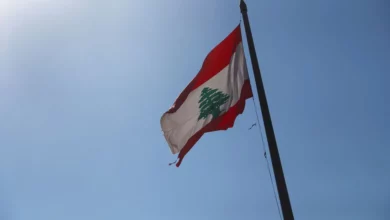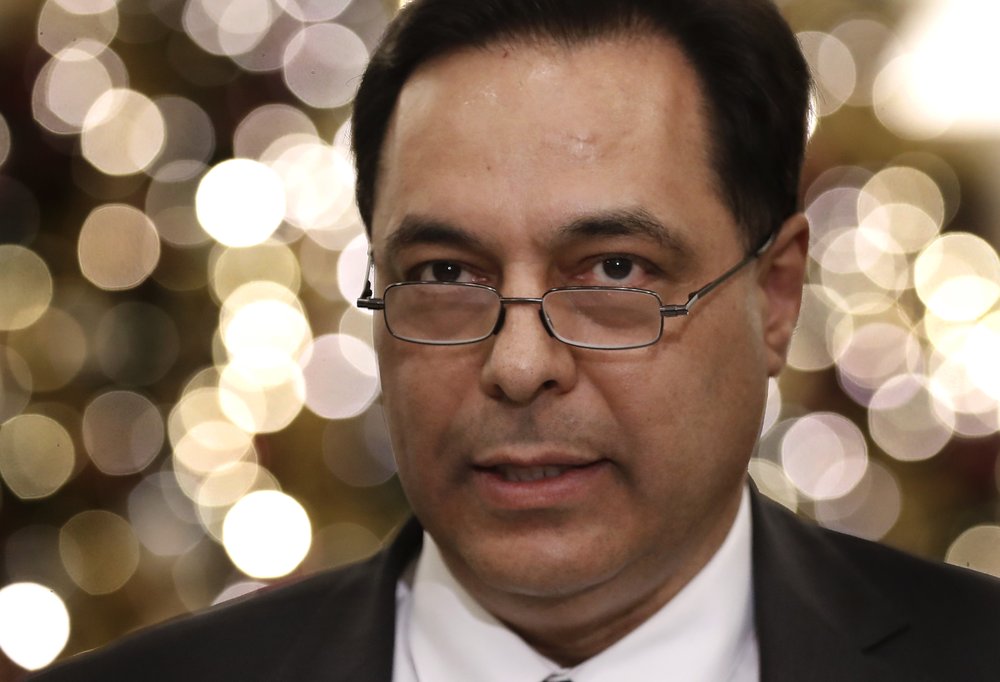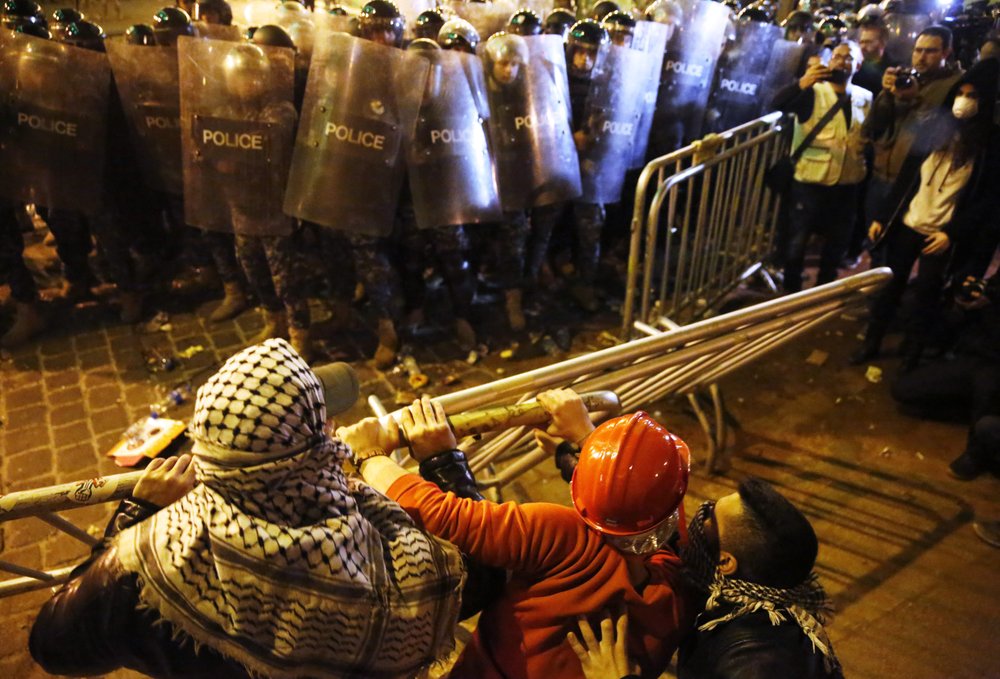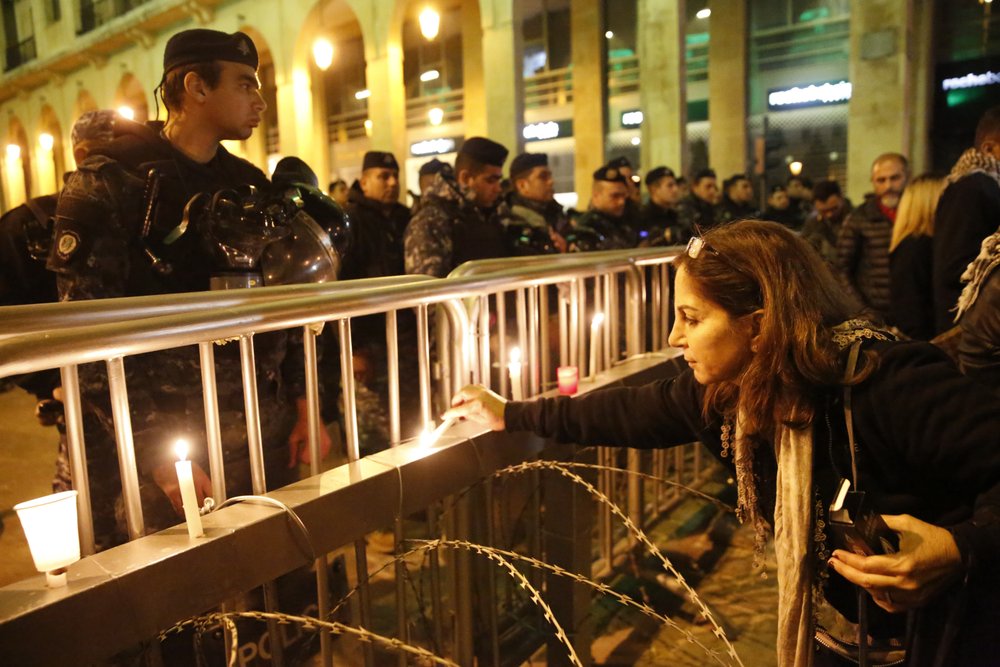Yesterday’s Cairo Photo Marathon seems to have gone off without a (major) hitch, but that doesn’t mean that it came without challenges. Events in Tunisia and ongoing sectarian tension meant heightened security around an already heavily monitored city; this was unfortunately reminiscent to some at downtown’s Townhouse gallery of a summertime graffiti art event that happened to fall the day after Khaled Saeed was killed in Alexandria. On that day, with security on high alert, some art was whitewashed as soon as it was stenciled on the wall. Many photo marathons have taken place in other cities, but as Danish Egyptian Dialogue Institute program officer Muna Bur put it, this competition–the Middle East's first–is in a “completely different context” in Cairo, meaning, nothing is easy here, not even going on a walk with a camera.
Those long walks, which took participants and their cameras–whether fancy DSLRs or phones–on either six or 12 hour journeys within Cairo’s vast city limits, did pose some challenges. Contestants were interrupted occasionally by security or protesting would-be subjects; there was a little rain and a persistent chill; the themes, selected by comedian Motaz Atalla, were very challenging to some; camera batteries ran out; and, as always, there was the steady grind of traffic, whether on the roads or in the metro, making one photographer’s ambition to go to the pyramids more Hercules than Spiridon Louis. Tough.
But the 64 participants were up for the challenge. Amal, a 21-year-old student of Art Education and Korean, travelled one and a half hours from her home to compete in a six hour marathon. Her older brother–the head of the family since the death of her father–was unaware of her adventure in the capital. Unmarried, Amal didn’t want to consider what would happen if her brother, “super religious and always pissed off,” found out she was in Cairo (her classmates already think she’s crazy for her aspirations), but the risk was worth it for the chance to talk to other photographers, including some professionals, about her “favorite hobby.”
Amal arrived at Townhouse an hour early, dressed almost entirely in black–jeans, converse, beaded headscarf–with a camera bag slung across her chest. She flipped through the magazines on sale at the Townhouse store and began explaining her hopes, misgivings, and ideas, apologizing, “Everyone says I talk too much.”
At first she was confused by Atalla’s themes, which included the rather enigmatic proverbs and phrases: “What brings this to that?”, “A bean that’s split in two,” and “Oppose and you will be known,” but she didn’t lose momentum in her wonder. She proposed taking the metro to Attaba, a neighborhood just north of downtown, famous for its loud and crowded outdoor markets and proximity to Khan al-Khalili, another shopping district that sells mostly tourist items.
In the dingy tunnels of Sadat station, Amal bumped into a friend of hers, an artist she said she had met at Townhouse. At the gallery, also a popular gathering spot for artists and students, Amal explained, you can “meet people who're like you.”
After her first shot, a response to the theme “What brings this to that?”–two pairs of stuffed boy’s pants leaning against one another in a street vendor’s display juxtaposed with an elderly man selling tissues, Amal’s disposition quickly changed from wary to confident. At the next stop–an area of textile sellers close to the Khan al-Khalili–she told stories about her life at home, friends who had been forced to marry, her brother who doesn't have the means to find a wife. Of her four sisters, only the eldest had married and left home. Amal hopes to move to Germany or Korea after her imminent graduation from university.
Luckily for her, a published photo in an international teen magazine had inspired the women in her household to take her ambitions seriously; they support her even if her brother doesn't. “I will hate to delete these photos,” she said of some good shots of a tea-sipping old man, collateral damage due to one of the competition’s guidelines: that each photographer submit a memory card with only the entered photographs, in order.
At the end of the six hours Amal seemed energized, even a little manic, when turning in her photos to the staff at Townhouse. She had been approached only once by an inquiring policeman after she took some ill-advised photos of a police station, but had successfully convinced him that she did not need to follow him into the station in order to erase the photos, and erase them she did.
On her tidy memory card were the stuffed pants–a whimsical interpretation of the theme–and a smiling boy against a striped cloth background. One photo, of a laughing young woman posed against a beige background, her left leg bent at the knee, seemed to be taken with the camera positioned on the ground. The awkward angle provided a bridge between the girl’s relaxed pose and the theme that Amal was reacting to: “Your location is/be secret.” She filed her work and hurried home.




